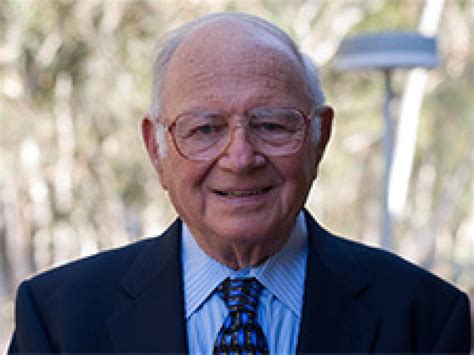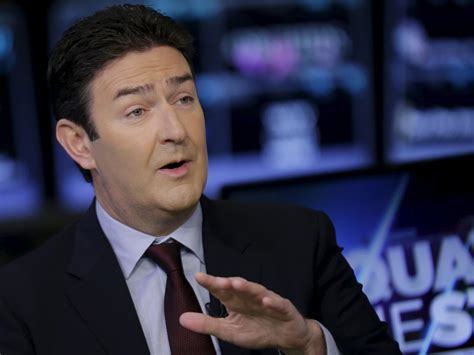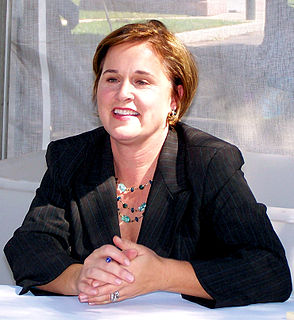A Quote by John Knoll
In animation, you can often defer decisions or make changes later.
Related Quotes
Yeah, once we decided to use that replacement animation, and the seams are a function of that animation, and other movies paint those out, we decided we wanted to keep the presence of the animation and the type of animation that it was rather than make it look polished. It created a kind of vulnerability, I think.
When you're an adolescent, you suddenly wake up one morning and your body is an enemy. There are hormonal changes, physical changes, emotional changes. People are saying to you, 'Now you have to make the decisions that define the rest of your life.' The X-Men takes those elements and pushes them one giant step farther.
I do have more directorial control over animation, because it's like trial and error: If something doesn't work, you can always go back and change certain things. Whereas in live action, every day is a challenge, and you have to make decisions on an hourly basis. So in live action I have more freedom as a director, but in animation, I have more control over the final product.
The way to make better decisions is to make more of them. Then make sure you learn from each one, including those that don't seem to work out in the short term: they will provide valuable distinctions to make better evaluations and therefore decisions in the future. Realize that decision making, like any skill you focus on improving, gets better the more often you do it.
Emotional maturity is ability to stick to a job and to struggle through until it is finished; to endure unpleasantness, discomfort, and frustration; to give more than is asked for or required; to size things up and make independent decisions; to work under authority and to cooperate with others; to defer to time, other persons, and to circumstances.








































